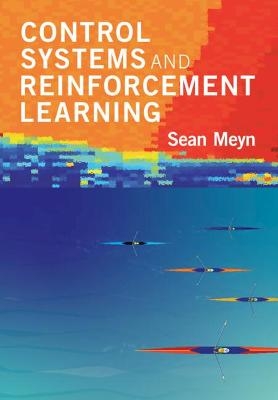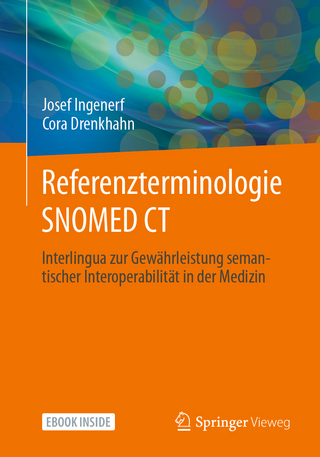
Control Systems and Reinforcement Learning
Cambridge University Press (Verlag)
978-1-316-51196-1 (ISBN)
A high school student can create deep Q-learning code to control her robot, without any understanding of the meaning of 'deep' or 'Q', or why the code sometimes fails. This book is designed to explain the science behind reinforcement learning and optimal control in a way that is accessible to students with a background in calculus and matrix algebra. A unique focus is algorithm design to obtain the fastest possible speed of convergence for learning algorithms, along with insight into why reinforcement learning sometimes fails. Advanced stochastic process theory is avoided at the start by substituting random exploration with more intuitive deterministic probing for learning. Once these ideas are understood, it is not difficult to master techniques rooted in stochastic control. These topics are covered in the second part of the book, starting with Markov chain theory and ending with a fresh look at actor-critic methods for reinforcement learning.
Sean Meyn is a professor and holds the Robert C. Pittman Eminent Scholar Chair in the Department of Electrical and Computer Engineering, University of Florida. He is well known for his research on stochastic processes and their applications. His award-winning monograph Markov Chains and Stochastic Stability with R. L. Tweedie is now a standard reference. In 2015 he and Prof. Ana Busic received a Google Research Award recognizing research on renewable energy integration. He is an IEEE Fellow and IEEE Control Systems Society distinguished lecturer on topics related to both reinforcement learning and energy systems.
1. Introduction; Part I. Fundamentals Without Noise: 2. Control crash course; 3. Optimal control; 4. ODE methods for algorithm design; 5. Value function approximations; Part II. Reinforcement Learning and Stochastic Control: 6. Markov chains; 7. Stochastic control; 8. Stochastic approximation; 9. Temporal difference methods; 10. Setting the stage, return of the actors; A. Mathematical background; B. Markov decision processes; C. Partial observations and belief states; References; Glossary of Symbols and Acronyms; Index.
| Erscheinungsdatum | 09.06.2022 |
|---|---|
| Zusatzinfo | Worked examples or Exercises |
| Verlagsort | Cambridge |
| Sprache | englisch |
| Maße | 180 x 260 mm |
| Gewicht | 1040 g |
| Themenwelt | Informatik ► Theorie / Studium ► Algorithmen |
| Informatik ► Theorie / Studium ► Künstliche Intelligenz / Robotik | |
| Mathematik / Informatik ► Mathematik | |
| ISBN-10 | 1-316-51196-0 / 1316511960 |
| ISBN-13 | 978-1-316-51196-1 / 9781316511961 |
| Zustand | Neuware |
| Haben Sie eine Frage zum Produkt? |
aus dem Bereich


